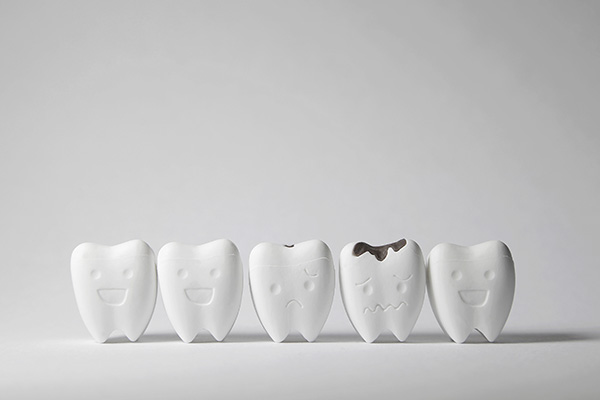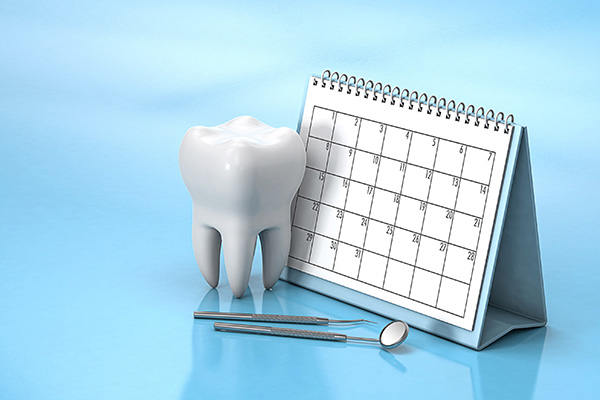 Tooth decay is one of the most common oral health concerns that general dentistry offices deal with. The good news is that there are effective and minimally invasive ways to treat most cases of tooth decay, and patients can prevent tooth decay from developing through good oral hygiene practices and regular dental cleanings.
Tooth decay is one of the most common oral health concerns that general dentistry offices deal with. The good news is that there are effective and minimally invasive ways to treat most cases of tooth decay, and patients can prevent tooth decay from developing through good oral hygiene practices and regular dental cleanings.
Tooth decay treatment options from a general dentistry office
Tooth decay is most commonly treated through dental fillings and root canal therapy. The long-term focus for general dentists is to help their patients prevent tooth decay through good oral hygiene and regular cleaning and check-up visits.
The common causes of tooth decay
Tooth decay occurs when the outermost layer of teeth (known as the enamel) wears away and leaves the underlying layers of teeth exposed. This occurs as a result of acidic attacks from the combination of bacteria and food particles such as sugar. One common cause of this is a build-up of plaque and tartar (which contains bacteria) on the surface of teeth. Diets that include excessive consumption of sugar, starch, and other carbohydrates can also increase the risk of tooth decay.
Dental fillings can treat minor tooth decay
A dental filling is used to treat minor tooth decay. It is a minimally invasive procedure that does not cause much (if any) discomfort. The tooth is numbed during the procedure, but the numbness should go away within a few hours. A dental filling can last for a decade or more.
Root canal therapy can treat severe decay
For severe tooth decay, a dental filling is not enough to adequately address the cavity. In this case, a more thorough deep cleaning of the tooth is necessary, followed by the filling of the tooth with a material known as gutta-percha and the placement of a dental crown. This process is known as a root canal procedure.
A focus on tooth decay prevention
Prevention is the best way to deal with tooth decay. Patients that visit the general dentist for regular teeth cleaning visits and who practice good oral hygiene at home are at a much lower risk of dental cavities. Between dental visits, patients should brush, floss, and use mouthwash as recommended by their general dentist, along with making smart dietary choices such as limiting sugar consumption.
The importance of regular check-up visits
Regular check-up visits with a general dentist can help reduce the risk of tooth decay in the long term, as well. During a check-up, the general dentist can assess the condition of teeth and the gums and make a recommendation for treatment, if necessary. Routine dental cleaning may be administered if the teeth are healthy and there is no decay.
Contact our dental office today to schedule a visit
Our general dentistry practice can treat tooth decay in multiple ways, depending on the severity of the decay and the location of the decayed teeth. We also focus on the long-term prevention of tooth decay and other oral health concerns. Contact us today to schedule a consultation.
Request an appointment or call Lalangas Family Dentistry at 972-534-6008 for an appointment in our Dallas office.
Related Posts
Dentistry encompasses a broad range of skills and areas of focus designed to maintain or improve oral health. General dentists are the most commonly thought of practitioners, and rightfully so, with many seeing them at least twice a year. However, there are a host of dental specialists that individuals may need to encounter at some point…
A loose tooth is not something that anyone wants to deal with as an adult. Thankfully, general dentists are trained and equipped to know what to do when a patient experiences a loosened tooth. Adult teeth can become loose as a result of an infection in the oral cavity. More often than not, this is due…
A general dentist can relieve a toothache after a proper assessment. This type of dental problem is often accompanied by swelling. It may even occur with a migraine, fever, or earache. Tooth pain needs immediate treatment. Here are the details on what a general dentist can do for a toothache.Each toothache is different. That is…


